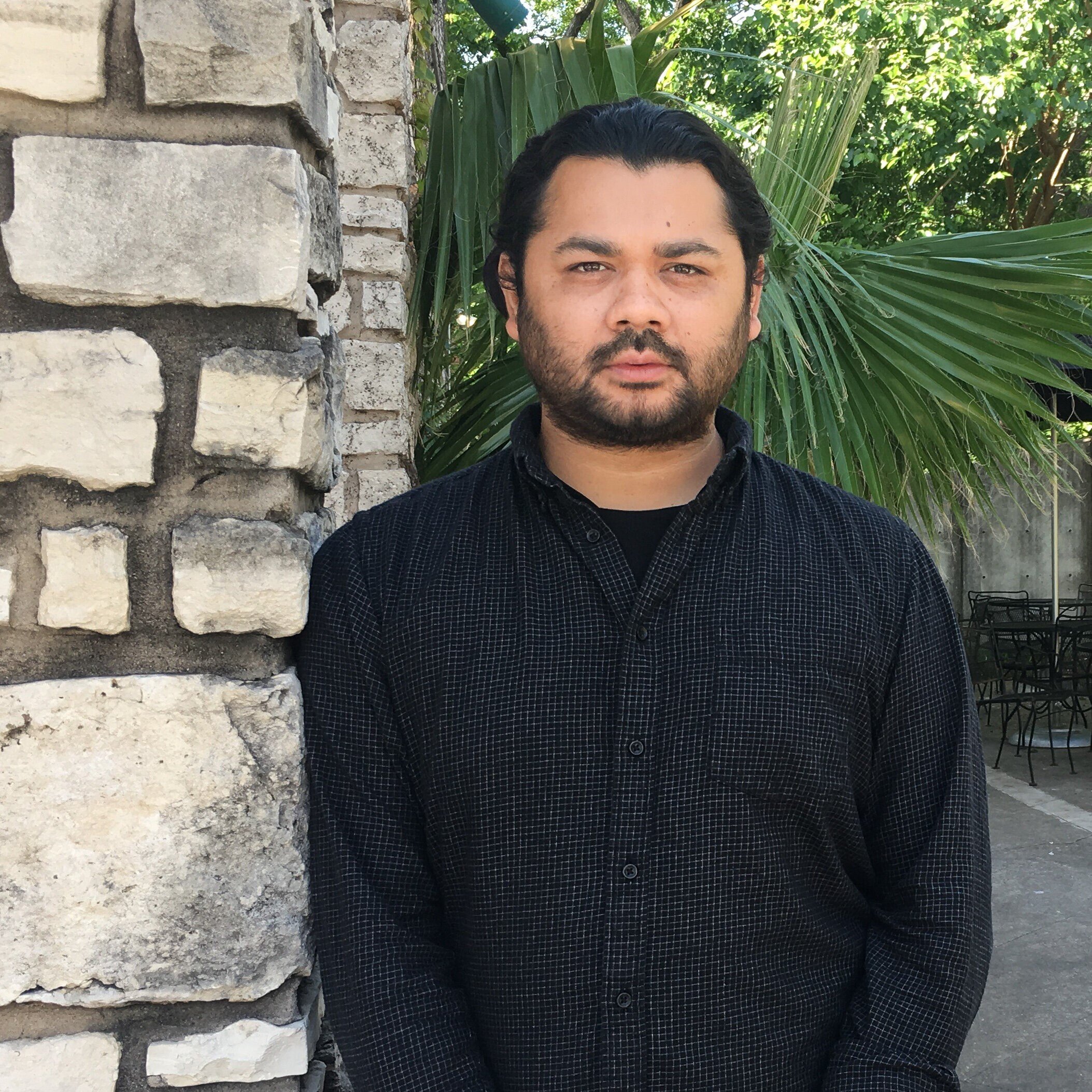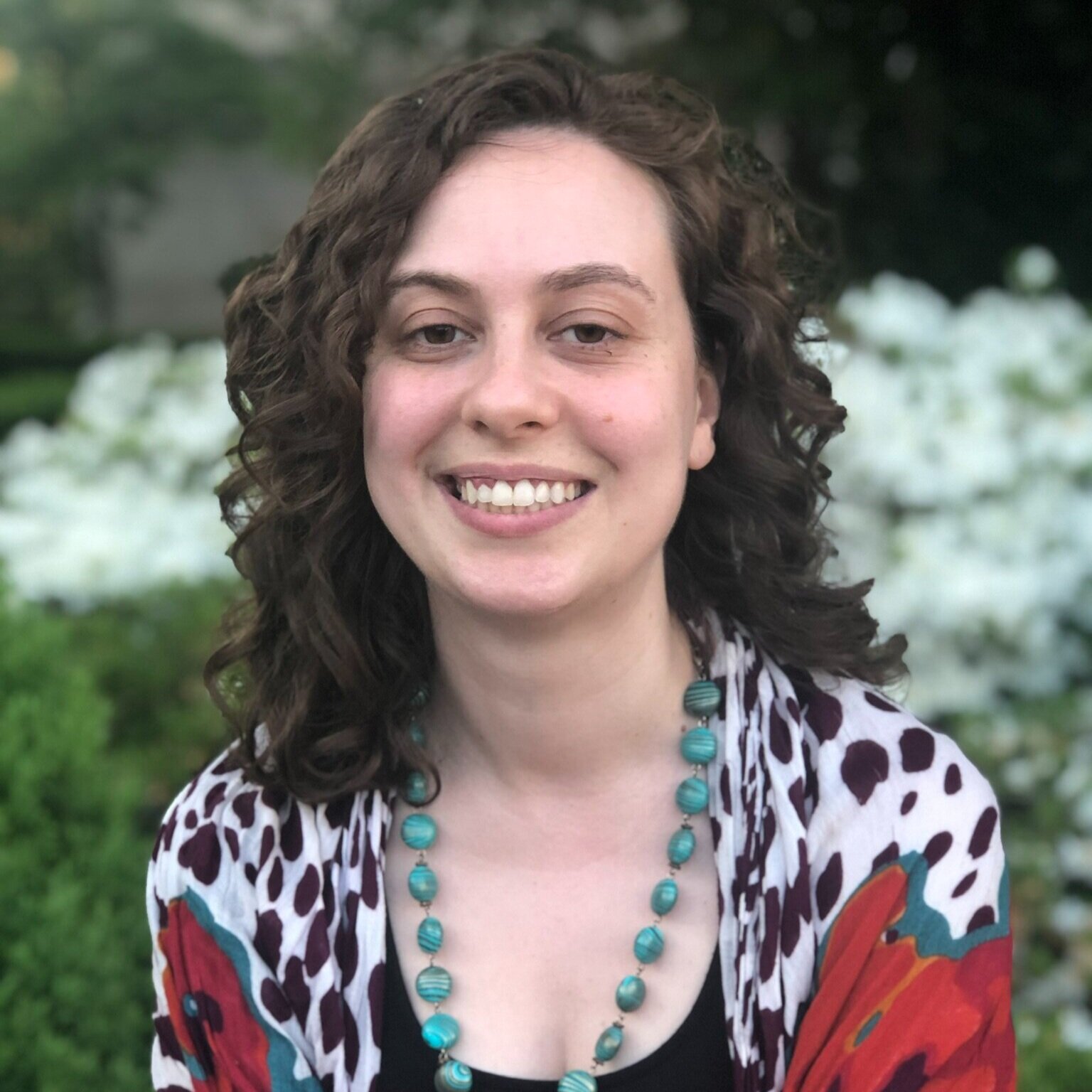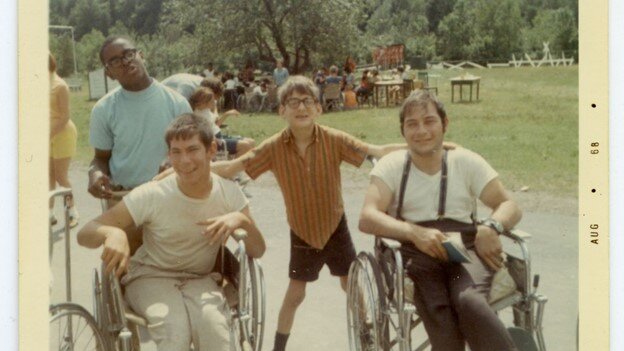In this series, we will share visions for oral history in which people of color - their knowledge, skills, practices and voices - are at the center of our practice.
Read More“Keep the recorder on, the most interesting things happen while it’s off.”
Gaetano Notargiacomo and his daughter Ada on her wedding day. Torpignattara, Rome, circa 1955.
Motivated by “Making Meaning Through Relationality in an Oral History Project”, Martina Lancia tries to trace back the history of a part of her family that moved to the US for some time and describes the importance of recording memories and asking questions while there is time.
Read MoreOral History Uncovers Cultural Complexity in Fighting HIV/AIDS
Source: Photo by Sach Takayasu
Alt text: Suki Terada Ports holding a medal given to her by the Emperor of Japan in recognition for improving the relationship between US and Japan and her outstanding lifelong contribution for betterment of welfare of the Japanese American community.
What was it like for patients during the height of the HIV/AIDS epidemic if you were Asian, Native American, or “Other?” Who fought on behalf of this voiceless community? What were some of the battles? Sarah Shulman’s ACT UP Oral History Project inspired Sach Takayasu to explore these questions. Hear the answers in her oral history interview with the legendary activist, Suki Terada Ports.
Read MoreQueer Nightlife, Joyous Resistance, and the Legacy of ACT UP
Two drag queens stand on a bright stage in extravagant headdresses, one exploding with flowers and topped with a glittering unicorn, and one adorned with bouquets of red roses. The photo was taken at the Headdress Ball in 1997, an annual fundraiser hosted by the gay community in Orlando, Florida for PWAs (People with AIDS).
Citation: “Photograph: Headdress 5,” LGBTQ History Museum of Central Florida - Digital Archive, accessed November 3, 2021, https://floridalgbtqmuseum.omeka.net/items/show/9390.
Inspired by Sarah Schulman’s recent workshop, “Let The Record Show: A Political History of ACT UP, NY 1987-1993, Building a World from Oral History,” Han Powell explores the importance of joy and pleasure as tools for resistance, and asks what we can learn from AIDS activism about sustaining and fueling movements for change.
Read MoreAn Oral History Method for Entering Speculative Fractal Worlds
A fuzzy archival print of a hot air balloon-style air ship. The balloon is cream colored with a delicate red pattern across the middle and is oblong like an American football. The balloon is attached to a platform below with a series of intricate ropes and a rudder. A single figure stands on the platform and appears to be operating the steering. The airship is flying against a saturated background of blue and yellow, suggesting the sky and the ground, and it is emitting a long plume of streaming smoke. The image, called “The First Airship,” is part of the New York Public Library’s Cigarette Cards collection within the The New York Public Library Digital Collections.
Header Image Citation: George Arents Collection, The New York Public Library. The first airship. Retrieved from https://digitalcollections.nypl.org/items/5e66b3e8-c4d5-d471-e040-e00a180654d7
Is it possible to access narrators’ knowledge about liberatory futures using deep oral history listening and game mechanics concepts lifted from RPGs (role playing games) like Dungeons & Dragons? Kae Bara Kratcha endeavors to find out after being inspired by Taylor Thompson’s Brodsky Prize Lecture based on her award-winning thesis, “‘Tell Me About That World’: Speculative Archives and Black Feminist Listening Practices.”
Read MoreAnnouncing the 2021 Jeffrey H. Brodsky Oral History Award Winner and Runner Up!
“Tread” Taylor Thompson, 2020
After an incredibly challenging period in which fieldwork was disrupted, many of us suffered losses, and everyone experienced upheaval, the 2021 Brodsky Prize Committee (Peter Bearman, Amy Starecheski, and Carlin Liu Zia) was particularly impressed with the quality of OHMA theses created over the past year. We would like to celebrate four theses of exceptional distinction as we announce the winner of this year’s prize.
Read MoreA Taste of Memory
Two kids with their grandmother sitting next to the table, full of traditional Chinese New Year snacks.
Why are food memories so powerful? What exactly does it mean when people talk about food? Resonating with the recent OHMA workshop with Storm Garner for her Queens Night Market Vendor Stories and Oral History Project, OHMA student Nina Zhou shares an example of how food memories are curated on documentary media.
Read MorePresent in the Next Anti-Oppression and Decolonial Workshop Series!
We invite proposals for sessions in our third series of Anti-Oppression and Decolonial Oral History Workshops.
Read MoreMercy, and the Eternal Lightness of Weighted-Being
Brandon Perdomo arranges an abstracted photo assemblage juxtaposed to Rudy Francisco’s poem, Mercy. The text can be found farther down on the page.
Brandon Perdomo presents a digital manipulation alongside Mercy, a poem by Rudy Francisco, and considers circumstance of serendipity in the process of becoming, and what coping with all that noise means anyway.
Read MoreOral History Education: Facilitating Intergenerational Learning
Image description: A collage of students enrolled in the Real World History class each posing for a photograph with their narrator after recording an oral history interview. The photographs that make up the collage are organized into a three-by-three grid.
Inspired by the reflections of Dr. Winona Wheeler in a class discussion preceding the OHMA workshop series event, “Land Back! The Importance of Oral History in First Nation Land Claims Cases,” Max Peterson reflects on his experience helping to facilitate intergenerational learning through a student oral history project.
Read MoreWHOSE LAND?
Unceded Land of the Mohican (Mahican) and Wappinger Tribes Ancram, New York. Sunlight drifts through light cloud cover onto a rolling grassy hill. Several treetops emerge from the descending slope, and in the distance more hills spread across the horizon in shadowy blues.
How do you define Land? What meaning does Land have for you? What if your Land was stolen from you?
Read MoreTalking trauma-informed oral history project design with Gabriel Solis
On March 11, Gabriel Solis visited OHMA to share and present his work as the executive director of the Texas After Violence Project (TAVP). TAVP is a community based archive dealing in critical memory work, recording and mobilizing the stories of Texas residents whose lives have been impacted by violence in Texas—namely murder, police violence, in-custody deaths, mass incarceration and the death penalty.
We were interested to learn more about trauma-informed interviewing, pedagogical and project design approaches to community-based oral histories, and the role of archives in oral histories meant to create social change.
On April 12, Kae Bara Kratcha and Taylor Thompson met back up with Gabriel Solis, to follow up on Solis’ presentation and to learn more about his ideas concerning teaching towards trauma informed care and oral history methodology. The following is an abridged interview with him.
Read MoreWhat Does Comfort Look Like?
Image graphic of kow piak sen by Laos in the House
Inspired by Storm Garner’s recent workshop, “Editing for the Mass Market: Tips and Tidbits from the Queens Night Market Vendor Stories Oral History Project,” wherein she chronicles stories from people of diverse backgrounds about the food they create, Rattana Bounsouaysana explores the idea around the different meanings of comfort.
Read MoreDESTRUCTIVELY TESTING RESPONSIBILITY: A REFLECTION FROM A NON-SURVIVOR
Carrying fragments of the chain of survivorhood (Created by Emily R. Kahn, modeled by Julia F. Kahn)
Alt Text: Hands holding fragments of oral history transcripts
Inspired by Holly Werner-Thomas’ February 2021 OMHA workshop Changing the Narrative on Gun Violence: Survivors Want You to ‘Sit Down and Listen,’ Emily R. Kahn explores her own experiences sitting down and listening to the stories of Holocaust survivors, refugees, and their descendants. She deconstructs her conflicting feelings and sense of responsibility about telling these stories as a non-survivor.
Read MoreCongratulations 2020 Research Grantees
We are proud to announce that our 2020-2021 OHMA Research Grants have been awarded to current students Taylor Thompson (2020), Liú Chen (2019), and Jennie Morrison (2019). These students will be using the funding to compensate narrators and collaborators, develop websites, and process interviews. You will be able to hear more about their exciting work in upcoming blog posts.
Taylor Thompson
Taylor Thompson is collecting and archiving the narratives of community care organizers in New York City towards a study in liberatory economic models and economic imaginations.The aim of the work is to preserve and promote stories of community care and mutual-aid. An important aspect of community care work and accountable scholarship is solidarity; this grant will help Taylor provide honorariums for her narrators' time and critical storytelling.
Liú Chen
Liú (they/them) is currently living on occupied Lenape territory, also known as New York City, with their service dog, Desmond. They are working on their OHMA thesis about family storytelling and communication in East Asian American families, and also serve as an oral history intern at the Reginald F. Lewis Museum of Maryland African American History and Culture.
Jennie Morrison
Jennie Morrison will explore the intersections of oral history and social work approaches to listening and social change by facilitating an Oral History 101 training for social workers. Jennie is trained as a social worker, and is particularly passionate about working with children, youth, and families.
Anti-Oppression and Oral History Spring Workshop Series
In the summer of 2020, OHMA launched a public workshop series exploring anti-oppression and decolonial approaches to oral history. The instructors from that series collaborated with us to curate the next round of workshops, which begins March 20th.
Read MoreHow it’s Going: An Experiment in Curriculum Design
Attendees practice meditative and mindful exercises on the floor of Brooklyn Public Library’s Central Branch at Night of Philosophy and Ideas (February, 2020). Many lie on their backs, some with jackets bundled as pillows. A few people sit cross-legged. Everyone’s eyes are closed.
Photo by Gregg Richards.
Inspired by the OHMA workshop “Empowering Youth Through Indigenous Stories” with Sara Sinclair and Suzanne Methot, Margie Cook decided to try her hand at creating teaching materials designed to empower fellow oral historians.
Read MoreLong Road from Contempt to Compassion
Photo courtesy: Vijay S. Jodha
India has made transformative changes in its transgender laws in recent years which have started the process of social change. But only just.
by Harpal Singh
Read MoreCrip Camp: INCLUSION AND STORYTELLING IN CREATING ROLE MODELS FOR CHANGE-MAKERS
This fall brought a treasure trove of workshops that introduced us to oral history projects telling the histories of marginalized communities in their own words - from Rikers’ Island inmates to New York City’s Trans community. A new documentary seeks to do the same, directed by a collaborative team that partners subject with producer. OHMA student Lisa R. Cohen spoke to the team about their very special relationship.
Read MoreDetroit: Looking from the Outside In
Inspired by recent OHMA Workshops that explored personal experiences of how our “homes” change over time - Sara Sinclair and Suzanne Methot’s How We Go Home: Voices from Indigenous North America, and Sarita Daftary’s on the East New York Oral History Project and the Rikers Public Memory Project – Michael Giannetti decided to conduct a listening activity with his family about their memories of Detroit, the 1967 uprising, and their contemporary ideas of the city.
Read More





















